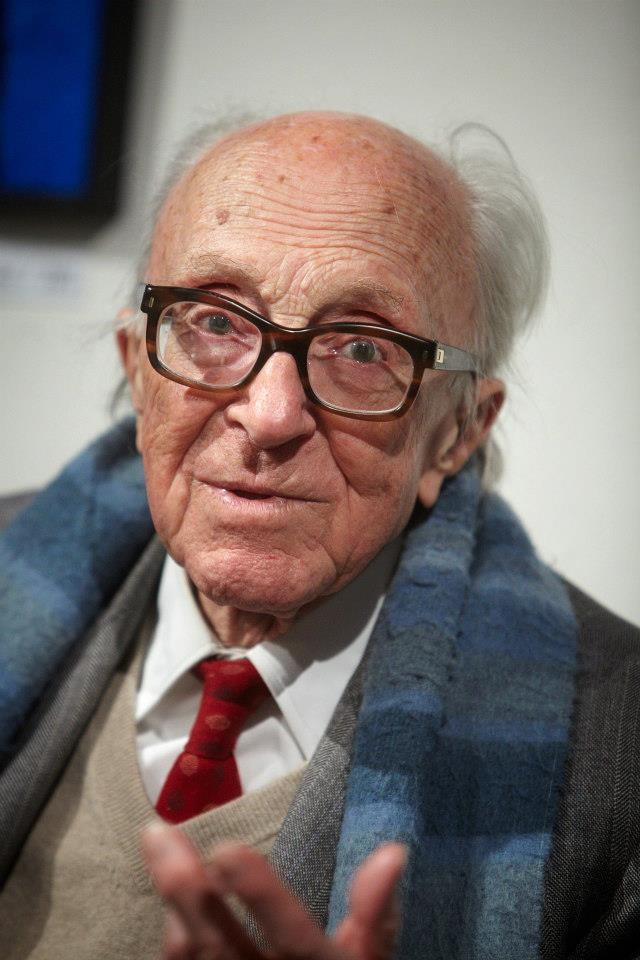Writer Pahor Becomes Slovenia's First Cultural Ambassador
Published on 27 august 2015Writer Pahor Becomes Slovenia's First Cultural Ambassador
One of Slovenia's most acclaimed authors, Boris Pahor, became the country's first cultural ambassador on his 102nd birthday.
Receiving the honorary title from Culture Minister Julijana Bizjak Mlakar on Wednesday, the centenarian underlined that Slovenians did not value their culture enough.
The Trieste-based author, a member of the Slovenian minority in Italy, got the title for his "invaluable and honest fight for Slovenian culture and the rights of the Slovenian language," according to the Culture Ministry.
The ministry also underlined Pahor's "loyalty to the Slovenian nation and his efforts for democracy and independence of Slovenia and Slovenian culture".
Pahor, still an outspoken observer of culture and politics, said as he excepted the honorary title that Slovenians had to admit to themselves that they fail to give their predecessors the recognition they deserve.
"We have classical literary authors who created Slovenian classics as citizens of a German country. Austria did allow it, but it still meant going against the current."
Slovenians lived in "internationalism for 30, 40 years and today we have globalism, which is even worse", because it leaves national identity, national culture and history - the wealth of individual nations - by the wayside, he believes.
Bizjak Mlakar underlined as she presented the honours that Pahor had taken great pride in and had much enjoyed his work as an editor of Zaliv, a Trieste-based publication between 1966 and 1990, which was prohibited in the former Yugoslavia.
Zaliv promoted democracy and freedom of speech, as well as a stronger position for Slovenia within Yugoslavia, the minister said, adding that the fight Pahor fought with Zaliv was one of his greatest fights against the system.
Among other things, he ran in the 1970s an interview with Edvard Kocbek, an outcast of the WWII Liberation Front and the established political elite, in which Kocbek was the first person ever to talk publicly about retribution killings of the Nazi-collaborators Domobranci by the Partisans.
Pahor still writes and his latest work, an overview of political concentration camps in WWII, was launched at the Konzorcij book store in Ljubljana today.
The booklet, entitled "Red Triangles", is of key importance, said Pahor. It was written for the young generation who knows nothing about WWII political deportees, added Tatjana Rojc, who translated the booklet originally written in Italian.
"All these people had to work for Germany. Not only did they have to work, it needs to be said that they were dying....of starvation. Starvation practically causes the body to rot," said Pahor.
He spent the last year of WWII in German concentration camps, a topic he deals with in a number of his works. He is often compared to authors like Primo Levi, Imre Kertesz and Jorge Semprun.
Pahor has also received several top national decorations, including from France and Austria.
Source: TheSloveniaTimes


